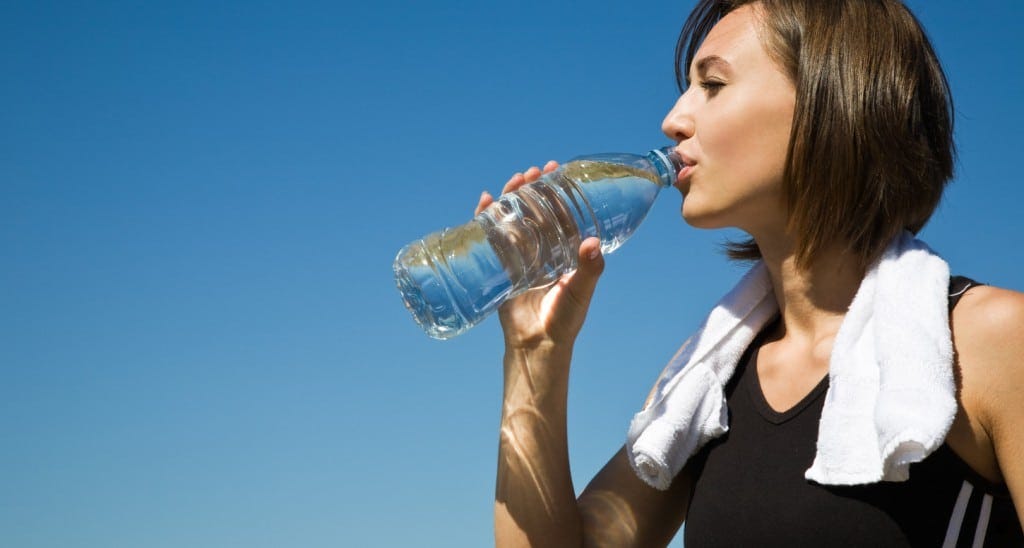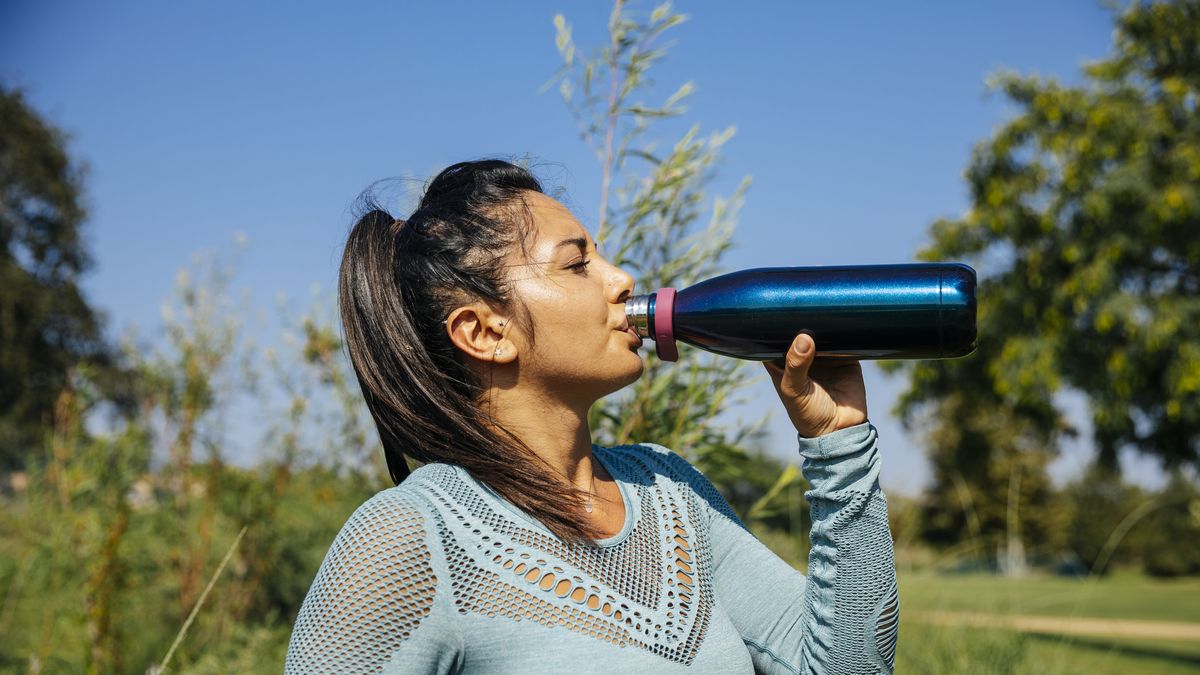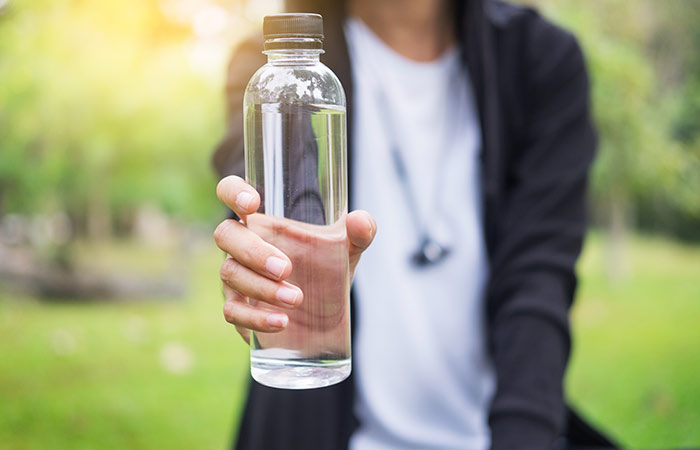Are you looking to shed those extra pounds and achieve your weight loss goals? One important factor to consider is your daily water intake. Water plays a crucial role in our overall health, and it can also have a significant impact on weight loss. But how many ounces of water should you be drinking each day to maximize your weight loss efforts?
In this post, we will share the recommended daily water intake for weight loss and how it can benefit your journey towards a healthier, fitter you.

Contents
How Many Ounces of Water a Day for Weight Loss?
When it comes to weight loss, water can be your secret weapon. Proper hydration not only supports overall health but can also aid in shedding those extra pounds. But how much water should you be drinking for optimal weight loss? Let’s break it down.
1. Calculate Your Daily Water Intake:
The first step is to determine your daily water intake based on your weight. Use the following formula:
- Multiply your weight (in pounds) by 2/3 (or 67%).
- The result is the approximate number of ounces of water you should drink daily.
For example, if you weigh 150 pounds, the calculation would be as follows:
150 x 2/3 = 100 ounces of water per day.
2. Adjust Based on Activity Level:
It’s important to consider your activity level when determining your water intake. Exercise causes your body to lose water through sweat, so it’s crucial to replenish that lost fluid.
To account for your workouts, add an additional 12 ounces of water for every 30 minutes of exercise. For instance, if you work out for 60 minutes each day, you would add 24 ounces of water to your daily total.

3. Stay Consistent:
Consistency is key when it comes to water intake for weight loss. Make it a habit to drink water throughout the day, and aim to meet your daily goal. Use a reusable water bottle to help track your intake and make it easier to reach your desired ounces.
Tips for Increasing Water Consumption for Weight Loss
If you’re looking to increase your water consumption for weight loss, follow these tips:
- Drink water with meals: Make it a habit to have at least one 8-ounce glass of water with each meal. This not only helps you stay hydrated, but it can also prevent overeating by filling up your stomach.
- Carry a reusable water bottle: Having a reusable water bottle with you throughout the day serves as a visual reminder to drink more water. Aim to refill it at least a few times to meet your daily water intake goals.
- Hydrate during physical activity: If you’re engaging in exercise or any physical activity, it’s important to drink extra water to replace the fluids lost through sweating. Stay ahead of thirst by sipping on water throughout your workout.
- Stay hydrated in warm weather: When it’s hot, humid, or sunny outside, your body requires more water to stay hydrated. Increase your water intake during these conditions to prevent dehydration.
- Keep water by your bed: Leave a glass of water by your bedside to drink first thing in the morning and before going to sleep. This helps replenish your body’s hydration levels after a night of sleep and prepares you for the day ahead.
- Include water-rich foods: Incorporate foods with high water content, such as soups, curries, stews, smoothies, berries, grapes, melons, tomatoes, celery, cucumbers, and lettuce, into your diet. These can contribute to your overall water intake.
How Drinking Water Can Affect Your Weight?
Understanding how drinking water affects your weight can help you achieve your weight loss goals. Here’s why:

- Appetite Suppression: Thirst is often mistaken for hunger by the brain. Mild dehydration can trigger feelings of hunger when, in reality, all you need is water. By staying hydrated, you can decrease your appetite and prevent unnecessary snacking.
- Promotes Satiation: Drinking water can promote a feeling of fullness. As it passes through your system, it stretches the stomach, sending signals to your brain that you’re satisfied. This can help prevent overeating and support weight loss efforts.
- Reduces Caloric Intake: Swapping high-sugar beverages like juice and soda for water can significantly reduce your daily calorie intake. Water has zero calories, making it a smart choice for weight loss.
- Supports Kidney Function: Adequate fluid intake, including water, is essential for kidney health. Proper hydration helps your kidneys remove waste through urine, sweat, and bowel movements. By keeping your kidneys healthy, you support your body’s natural detoxification processes.
- Eliminates Toxins: Fat cells can potentially accumulate toxins in the body. As you lose weight, these toxins are released. Drinking enough water ensures your body is equipped to handle and eliminate these toxins effectively.
Frequently Asked Questions
Can drinking water help with weight loss?
Yes, staying hydrated can aid in weight loss. Drinking water reduces appetite, promotes satiation, and supports kidney function, all of which contribute to weight loss goals.
Does drinking more water increase metabolism?
Yes, drinking more water can increase metabolism. Research has shown that consuming just 17 ounces of water per day can elevate metabolism by up to 30 percent, leading to more calories burned.
What should I drink in the morning to lose belly fat?
Drinking lemon and honey water in the morning can help reduce belly fat. This mixture boosts metabolism, detoxifies the body, aids digestion, and supports immunity.

Hello, I’m Ravindra. Over the years, I’ve immersed myself deeply into the world of fitness and health, transforming both my body and mind. Writing has allowed me to share my journey, insights, and expertise with those just starting out and seasoned fitness enthusiasts alike. Beyond just routines and diets, I believe in inspiring others to adopt a holistic approach to well-being.
